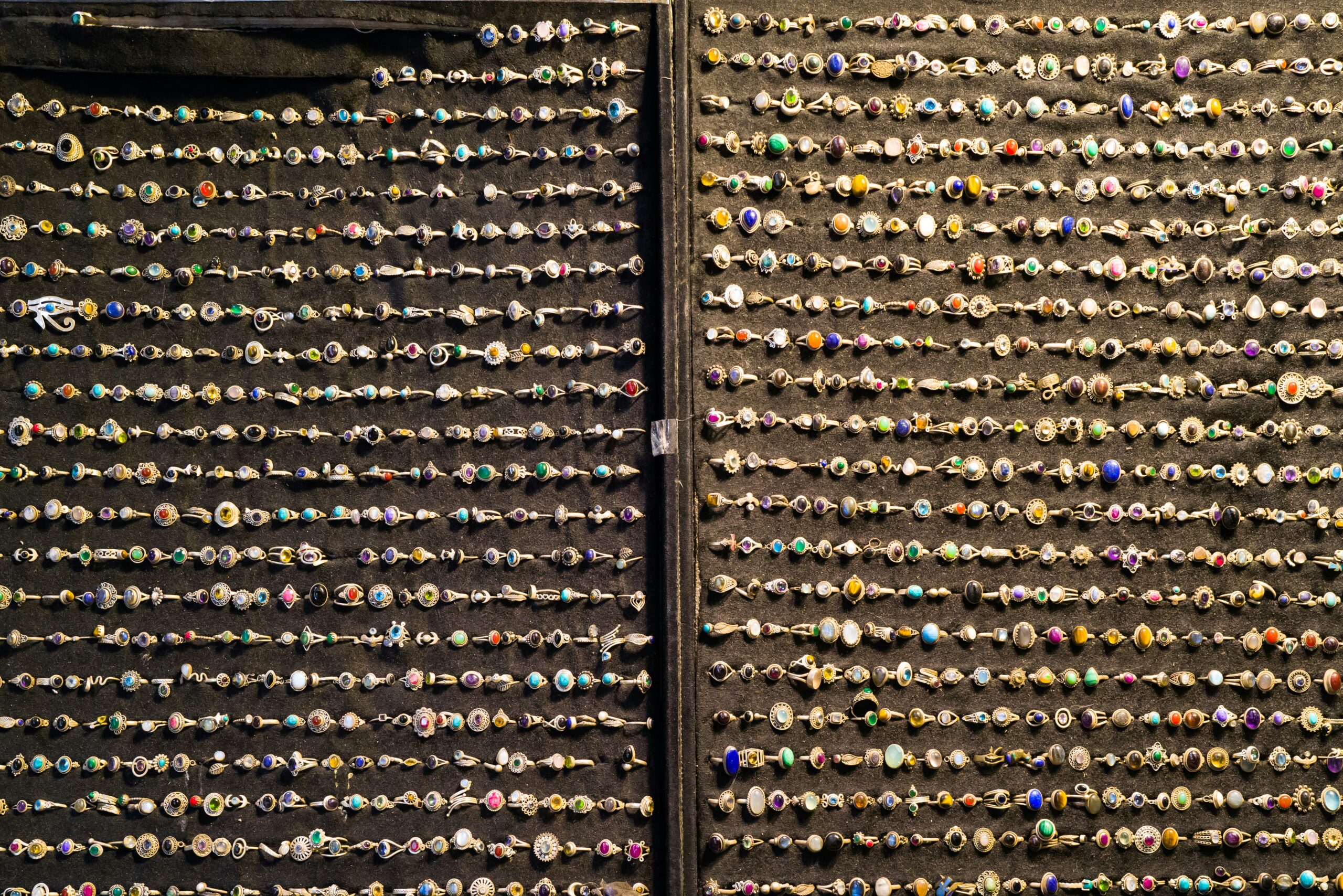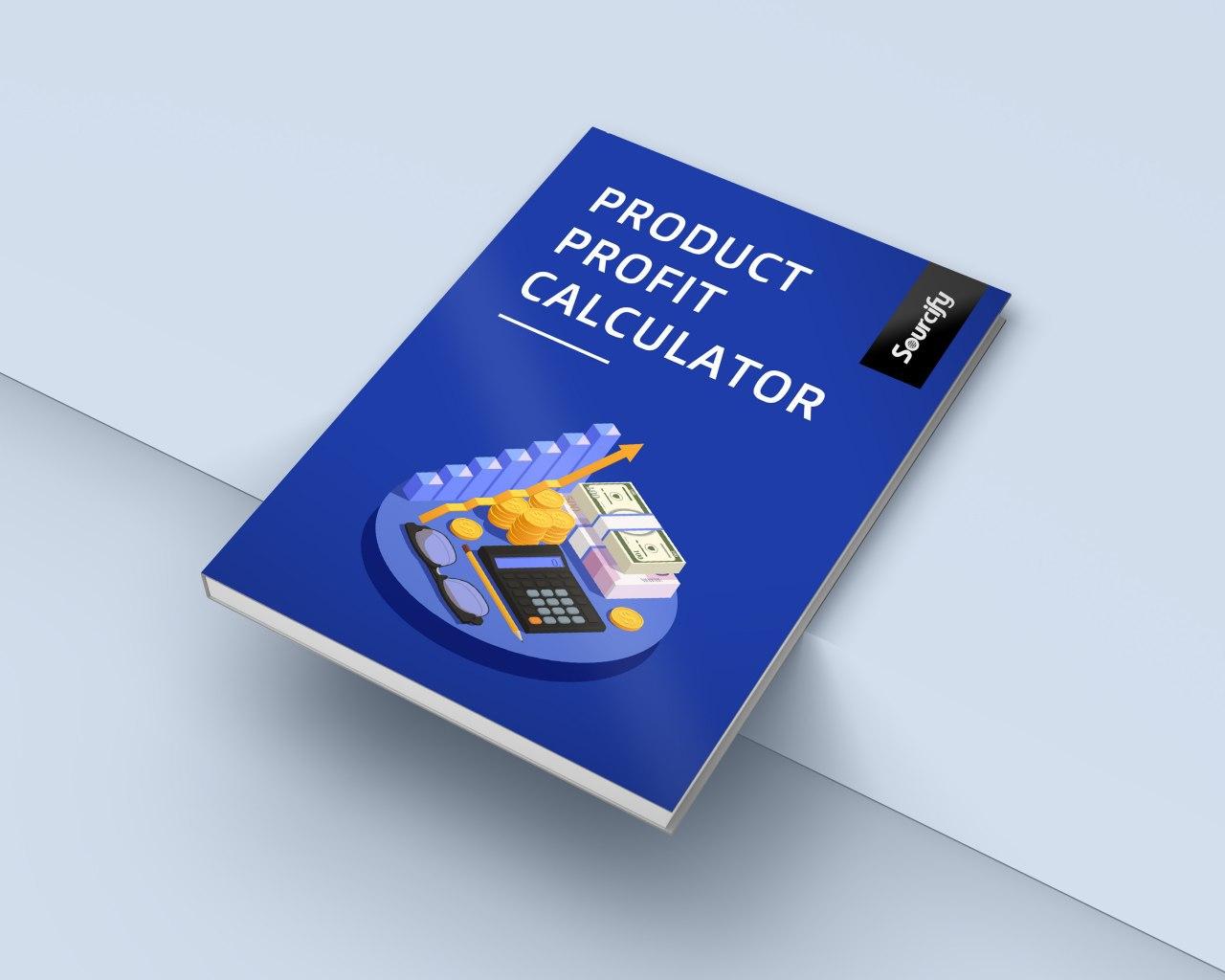Whether it’s a trendy new clothing line or a super cool gadget, you have a fantastic idea for a product that you are certain the public is going to love. You’ve done extensive research, drafted designs, and you’ve even thought of a super catchy name for your product; but there’s just one problem: How are you going to find the right manufacturer?
It goes without saying that turning your product into a reality is the most important step in bringing your creation to life and starting a thriving business. However, finding someone to make your product can be challenging. Not only do you need to find a manufacturer that can craft your idea into something tangible, but the factory you choose needs to provide a high-quality product with a reasonable turnaround – which is easy to imagine but hard to find in the real-world. The best way to do this is to work with factories that already have a stellar reputation and can work within your budget.
How do you go about finding a manufacturer to make your product? In this step-by-step guide, you’ll discover the exact process you need to take to ensure your manufacturer is a top notch factory.
Domestic or Overseas?
First things first: You have to determine what type of manufacturer you are looking for. You can find tons of options just by doing a quick search on the Internet. But before you do that, you need to figure out what type of factory you are interested in working with: someone who is domestic, or someone who is located overseas.
- Domestic. Anyone who makes items in the country you are located in is considered domestic. For example, if you live in the United States, a domestic manufacturer would also be located in the US.
- Overseas. Any manufacturer that is located outside of your country is considered overseas. For instance, if you are located in the United States and you choose a producer in China, that manufacturer would be considered overseas.
Which is Better?
The decision to choose a domestic or overseas manufacturer isn’t as easy as it might sound. Both options have pros and cons.
Domestic Manufacturers: Advantages
Depending on where you are located, there are some key advantages to choosing a domestic manufacturer for your product.
- Better communication, as you will speak the same language and will likely be on the same time zone, or within a few hours difference.
- The public often perceives products that are made locally as higher quality, and are therefore willing to spend more for them. This can translate to more revenue for you as being made domestically can be used in your sales and marketing material.
- You’ll receive your products relatively quickly.
- The cost of shipping and handling is less, as you won’t have to incur hefty shipping, handling and customs fees to have it sent to you.
- More flexible payment options. Some overseas countries don’t accept certain payment methods.
- The possibility to see first-hand how the manufacturer creates products.
Domestic Manufacturers: Disadvantages
While the advantages of a domestic manufacturer might seem tempting, there are some distinct disadvantages that may not make this option appealing to you.
- The costs are significantly higher than overseas manufacturing.
- Limited production capabilities, as many domestic manufacturers simply do not have the technologies to produce high volumes.
Overseas Manufacturers: Advantages
When most people picture overseas manufacturers, China usually comes to mind. That’s because China produces a large percentage of products that are sold worldwide. Some of the benefits of choosing China or another overseas manufacturer to create your product include:
- Significantly lower costs, especially when compared to domestic manufacturers.
- There are ample manufacturers that produce a wide range of products of varying quality. For example, high-quality IoT technology products, as well as cheap toys are produced in China.
- It’s easy to find a manufacturer on several well-known platforms.
- High volumes can be produced, as many overseas suppliers have the technologies available to make a large amount of items at one time.
- Good quality factories can be sourced using a tool like Sourcify, which connects you with pre-vetted, trustworthy manufacturers.
Overseas Manufacturers: Disadvantages
Though the cost is usually lower, high volume production is possible, and there are ample options to choose from, there are some definite disadvantages associated with having your product made overseas.
- There’s no real way to oversee the production of your items unless you are there or hire a third party.
- Many consumers believe that products that are made overseas are poor quality, which has the potential to negatively impact the value of your product and limit the amount of sales.
- Issues with communication may arise, as there are often language and cultural barriers. Moreover, overseas manufacturers are usually on substantially different time zones. For example, if you’re located in the United States and your choose a manufacturer in China, there’s a time difference of an entire day.
- The cost of shipping is higher when compared to domestic manufacturing.
- Customs is usually an issue that has to be dealt with; however, the majority of experienced overseas manufacturers will help you through this process.
- Greater chance of intellectual theft; for example, your ideas might be stolen by the manufacturer and sold to someone locally.
So, which is better: a domestic or overseas manufacturer? That really depends on your specific needs, including the type of product you want to have made, how much of the product you need, and your budget. If you’re just getting started and you have limited resources, choosing an overseas manufacturer may be a better option for you, but there are plenty of established businesses that choose to continue manufacturing overseas. By reading the pros and cons above, it may seem like domestic is the way to go, but that’s usually not the case.
Where to Locate Manufacturers
There are two ways that you can locate a manufacturer: meeting with manufacturers in person or finding them online.
The In-Person Approach
This approach involves compiling a list of potential manufacturers and actually visiting with them. Generally, this is easiest to do if you are opting for a domestic producer; however, if you have the resources, you can tour other manufacturing facilities in other countries.
You can visit fairs like the Conton Fair in China for imports and exports. This allows you to meet face-to-face with China-based manufacturers. You’ll meet with dozens in a day and be able to source contact information and touring details without having to place a single phone call.
The distinct advantage of the in-person approach is that you have the opportunity to really see how the products are made, verify production quality, and develop a rapport with the factory. However, the downside is that in-person searches can take quite a bit of time and money.
Tips for In-Person Searching
- Locate manufacturers (using the list of sources found below) and find suppliers who have the ability to create your specific type of product.
- Create a list of options.
- Draw up a list of questions to ask the manufacturers.
- Set up meetings.
- Meet with the manufacturers, tour the facilities, and ask your questions.
The Online Approach
If touring facilities in-person isn’t an option that will work for you, you can search for one online. The benefit of this approach is that it’s much less costly and time consuming. The downside is that you won’t be able to see the quality of production first-hand. Be sure to use the technology that’s available with this approach. Live meeting software for instance, or even just Skype, can help you see who you’re talking to and build a relationship.
Locating Manufacturers Online
There are several tools available that you can use to locate a manufacturer online. Yes, there are obviously open databases like Alibaba and Global Sources. The problem with these sites is there is a lot of manufacturing fraud. If you want to have the fastest and most cost effective production run, you’re going to want to use Sourcify.
Sourcify is the fastest growing sourcing platform that helps hundreds of companies bring thousands of different products to life. They work with more than 700 factories around the world that create more than 100 different types of products. Sourcify offers an in-depth and highly effective process for finding overseas manufacturers, which includes matching your product with the best possible manufacturers available for your specific products. If you’re interested in using a supplier in China for cost-effectiveness, for a large production – or for both – Sourcify will match you with the most reliable manufacturers in this country and walk you through a whole production run with their seamless software.
Outreach
There are a lot of great factories out there that produce fantastic products. Don’t be afraid to do some custom outreach. Do some digging on LinkedIn, or even just through Google, and you’re bound to find some good resources worth reaching out to.
Avoid getting deleted
Don’t make your email too long and difficult to read. That’s the best place to start for cold outreach. The more detail you include, the less likely you’ll get a response. Be sure to give the factory clear direction on what you want out of the email. If you just expect a response with some of your questions answered, tell them that in the original email. However, if you want to pay for and have a sample produced, clearly explain that you need directions to take action.
Choosing the Best Manufacturer for Your Needs
Once you have decided if you want to choose a domestic or an overseas producer, draw up a list of options that you believe will best suit your needs. Once you have your list, the process of actually choosing a manufacturer can begin.
Many suppliers offer big promises, but in reality, many don’t deliver on those promises. Here are some tips to help you avoid getting poor-quality craftsmanship and help you find a manufacturer you can rely on to deliver exceptional products:
- Know what questions to ask. Questioning prospective candidate is crucial; but what type of questions should you ask? Basically, you should inquire about anything and everything that has to do with their reputation, their process, the supplies that they use, what their expertise is, what their track record is like, who they have produced supplies for before, how the handle communication, and of course, what their fees are. Make sure you know things like minimum order quantity, expected turnaround time, etc. These are key things that are going to impact your product’s production.
- Ask for references. Get in touch with some of the clients that your prospective candidates have worked with in the past or are currently working with. You’ll get a good idea of what it will be like if you choose to work with them. Find out what other clients like best about working with the manufacturer, and what they like the least. Be direct and ask if they would recommend the supplier.
- Check certifications and ratings. Reputable manufacturers will have a presence on well-known B2B platforms. Do some research and find out what types of certifications they have and ratings they have received. Take note of feedback; both positive and negative. Look into anything else that would indicate quality: how many years they have been in business, the amount of transactions they have completed, and what type of businesses they have worked with before (better known businesses with an established presence is ideal.)
- Be prepared to negotiate minimums. Minimum order quantities are common with a manufactured product. Be fully prepared to negotiate minimums. If you’re just looking for a sample, of course minimum quantities aren’t usually on the table, but some manufacturers are going to be hesitant. When you’re limited on funds, negotiating minimums is a clear indicator that you don’t have the budget to bring them considerable business. Factories have different reasons for minimums though – sometimes it’s because there’s a lot of upfront work involved, not because they want larger buyers. When you understand why they want a certain amount of orders out of you, you can better meet their needs.
How to Find a Manufacturer for Clothing
If clothing is what you are interested in having made, you might be wondering if finding a manufacturer to craft your fashion line for you differs from locating a supplier for any other type of product.
In truth, the process for choosing a manufacturer for clothing isn’t much different from finding someone to make any other type of product. The only real difference is ensuring that you choose a supplier that uses high-quality materials that won’t shrink and will retain its shape and color. For consumers, there’s nothing worse than purchasing an article of clothing and finding that it looks completely different after washing it. Fortunately, you benefit from the fact that many other clothing companies have come before you and a good resource like Sourcify will help you connect with quality factories.
Samples are key with clothing factories
After following the steps listed above for finding a manufacturer and you draw up a shortlist of options, make sure to contact the suppliers you are interested in to ask for samples. This is crucial, as it will allow you to actually see the products that they make so that you can get a good sense of the quality of clothing you will receive. Feel the materials. Test them out. Consider caring for them as per the suggested guidelines to see what consumers will experience after they wash and use them.
Be willing to work with your factory if the first sample wasn’t exactly what you expected. If it’s close, that means they can probably get to where you want to be through some reiteration and communication. Speak up and make sure they have a clear understanding of your needs.
Summing it Up
Finding a manufacturer is key to turning your product idea into a reality. Both overseas and domestic manufacturers offer advantages and disadvantages. If you are just getting started, choosing a supplier based in China may be your best bet for budgetary reasons and product quality. Remember, these factories provide millions of products that are currently being used today. However, there are many high-quality domestic manufacturers as well. Using a resource like Sourcify can help you locate the best factory, as theirs are pre-vetted.




